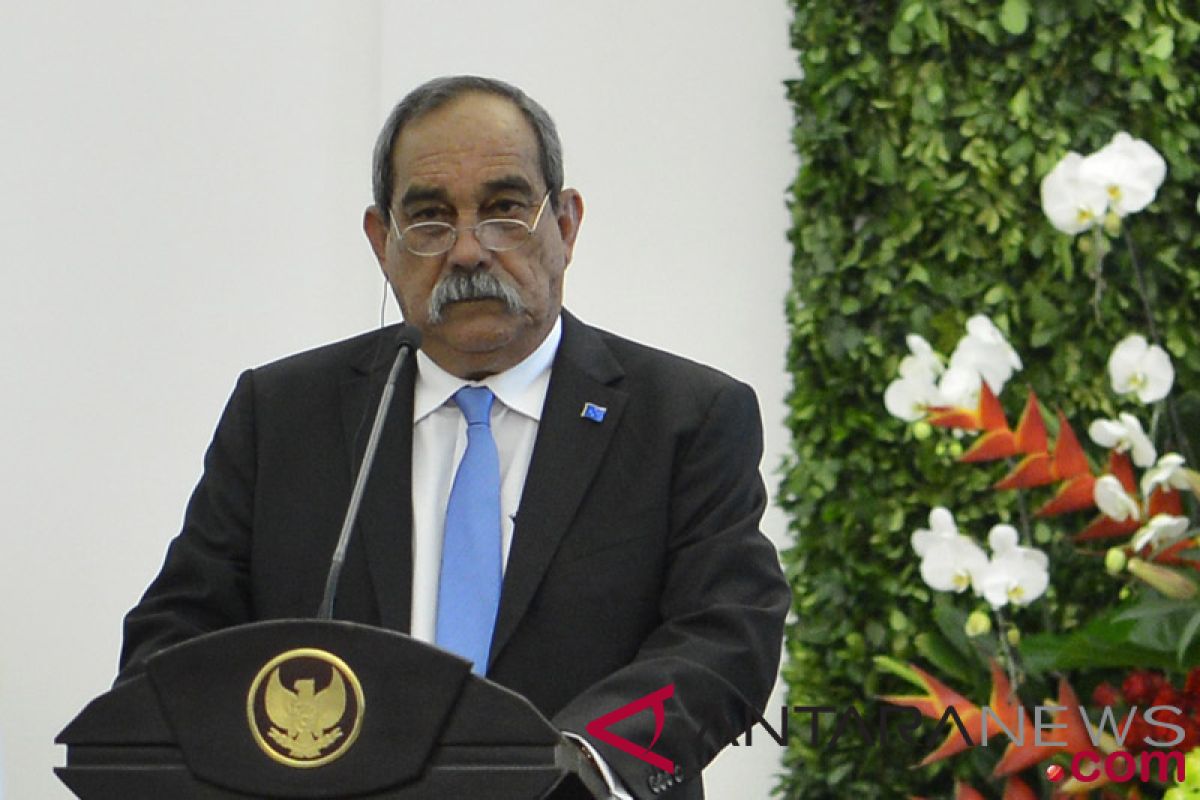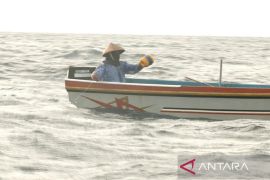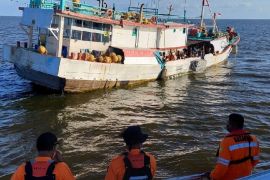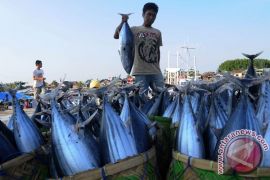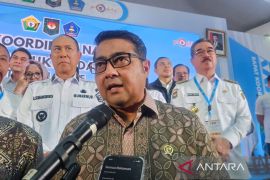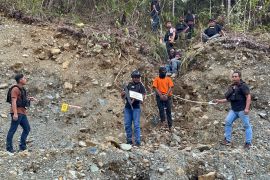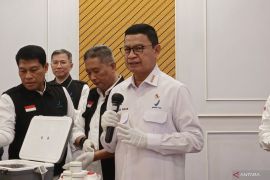The commitment was announced by Micronesia`s President Peter Christian at the Fifth Our Ocean Conference (OOC) held in Nusa Dua, Bali, on Tuesday.
Speaking at OOC 2018, President Christian unveiled his country`s commitment to full tuna fisheries transparency by 2023 through a combination of state-of-the-art Electronic Monitoring and human observer coverage in all industrial fishing vessels operating in its territorial waters.
The announcement represented the first time a developing nation has made this type of commitment across its commercial fisheries, signifying a worldwide shift in fishing practices and setting the stage for a global seafood market transformation that will benefit both people and nature.
Not only is Micronesia committing to have all fleets active in its waters comply with full transparency by 2023, but the island nation is also challenging its neighboring Pacific Island countries to meet this same goal through the Technology for Tuna Transparency (T-3) Challenge. The T-3 Challenge will impact global markets, given that Micronesia is part of the Parties to the Nauru Agreement (PNA), eight countries in the Pacific that control over 50 percent of the world`s supply of skipjack tuna.
"Our bold commitment to transparency and sustainability in our fisheries can help recover tuna stocks and reduce bycatch of other species, such as sharks and sea turtles, so that marine ecosystems and the Pacific Island communities that depend on them can thrive," President Christian stated.
"If the government of FSM and our PNA partners are successful in implementing Electronic Monitoring through the T-3 Challenge, we will help secure the sustainability of half of the global tuna supply. This should also help countries, such as FSM, leverage our licensing arrangements for onshore investments that will bring benefits to the Pacific Island people," he explained.
President Christian pointed out that the step forward and subsequent launch of the T-R Challenge by FSM is critical, as many countries are still effectively "flying blind" when it comes to management of fisheries. Lack of hard scientific data makes it difficult to establish precautionary fishery rules that will ensure the sustainability of fish stocks to feed future generations.
"Nations also face gaps in access to compliance-monitoring data needed to ensure that commercial fleets are playing by these rules. Simply put, you cannot manage what you cannot measure," he remarked.
Tuna are critical to the socio-economic well-being of the people of FSM, as the country earns more than half of its national income from these fisheries. Revenues from fishing fund the construction of roads, schools, hospitals, and the provision of critical public services.
OOC 2018 is the first time the conference is being held in Asia, and the conference will not only gather new commitments from stakeholders but also encourage the realization of commitments submitted between 2014 and 2017. So far, the OOC has gathered over 600 commitments valued at over $18 billion and created 12.4 million square kilometers of marine protected areas.
This conference is expected to result in measured, real, and sustainably impacted commitments for maritime cooperation among countries.
Reporter: Yuni Arisandy Sinaga
Editor: Fardah Assegaf
Copyright © ANTARA 2018
